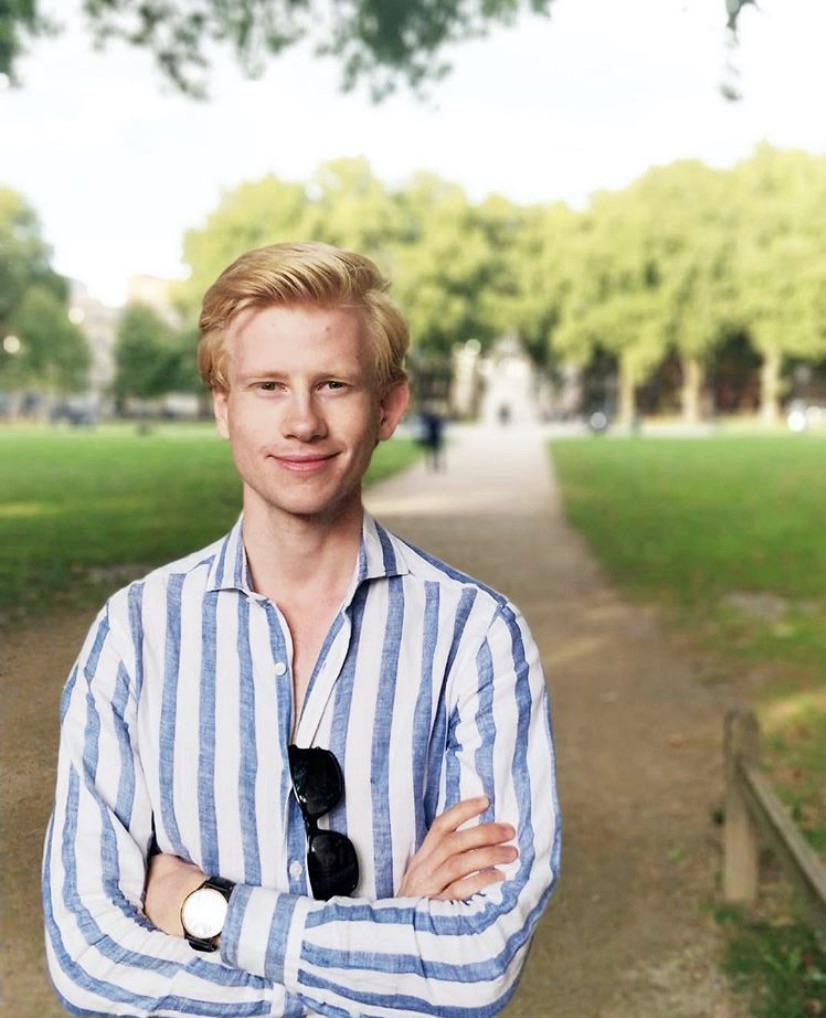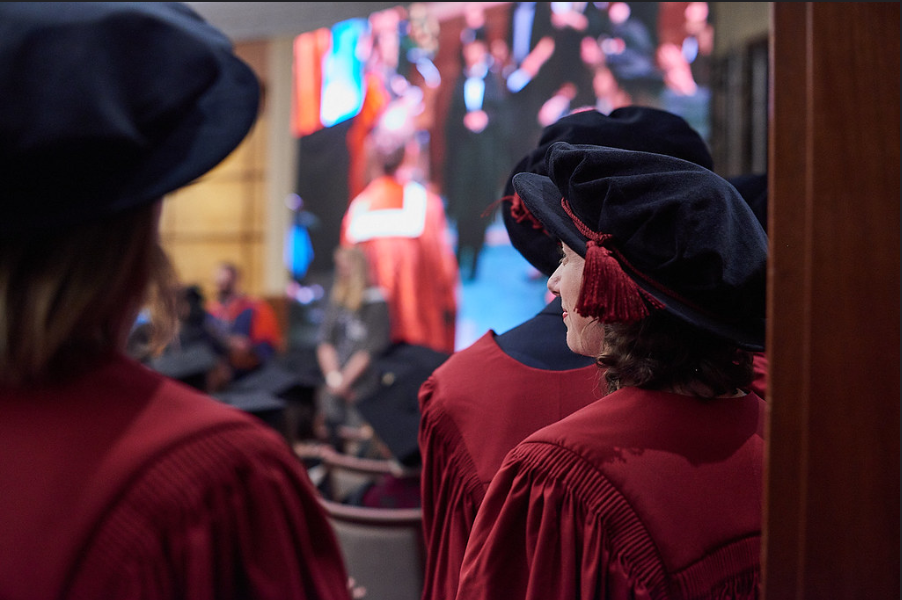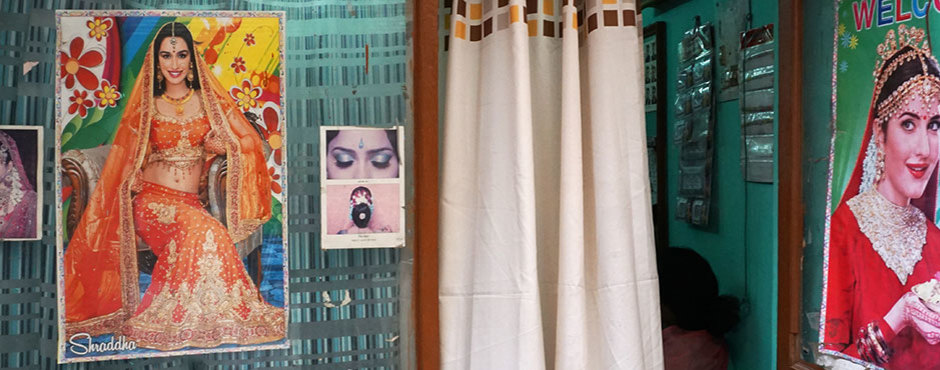As the discussion over the meaning and significance of statues wears on, Gaynor Tutani, who is currently completing a PG Diploma in Museum Cultures discusses the current Black Lives Matter Movement and how cultural institutions can engage with history and encourage more inclusion within the industry.
Perpetual Histories
I have been here before,
You have been here before,
We have been here before.
How long will we have this same conversation?
I am tired. I used to feel the pain.
Now, almost, I do not feel!
I saw the knee heavy on his neck, everyone saw it,
but the knee is always on our necks.
We carry it daily.
It’s on my SKIN,
Engraved on my Bones,
And flows through my Blood.
I am Black. I am African,
You are African too,
Evolution says so.
But somehow my Black is an outcast,
To be feared, hated and killed.
Not only a physical death.
No, the deeper death,
One that TAKES my spirit, hopes and dreams.
Regardless, I fight. I push.
I continue to BE. For there is pride in my being.
There is pride in knowing my history and who I am.
I am more than Black!
My life matters, I am human,
Just like you.
How do I feel about the Black Lives Matter movement? What does it mean to me as a Black woman and a British citizen with African origins? These are a few questions that have been playing in my mind following the passing of George Floyd. It has not been easy to digest his horrific death, and so, I have not really found any answers to my questions. Today we all call for change, but how is this change going to come about or is it even possible? I ask this because Floyd was one of many Black men that have died at the hands of White police. There have been women too, yet their stories do not receive the same attention. This is not to say that their deaths and lives were less important, but it highlights the fact that it is prevalent within the United States of America. I believe that this is why it bothers me, knowing that his story is yet another devastating headliner of perpetuated terror.
Historically Africans and those of African descent have suffered extreme injustices due to an adopted persistent backwardness based on geography and melanin. While the racists’ systems of slavery, segregation and apartheid have ended, we cannot deny their lasting imprints and legacies within our current political, socio-economic and cultural societies. Deep psychological traumas continue to affect Black people – inherited from their ancestors, termed by Dr Joy DeGruy as Post Traumatic Slave Syndrome. Although she coins it “Slave Syndrome”, I believe that the crippling impact of trauma should be considered with regards to all western encounters with Africa and its diaspora. This includes colonisation and its destruction of Africa as a whole. Therefore, when I think about these histories and the Black resistance movements that occurred – such as the Civil Rights Movement in America and the Black Consciousness Movement in South Africa, both in the 1960s – it is disheartening that in 2020 a movement called Black Lives Matter is even necessary to counteract current racist systems.
Nonetheless, despite this dim reality, I am encouraged by the movement’s momentum and the level of scrutiny currently on equality and social justice. But I am also concerned that this focus on racism is an unsustainable banner.
How long will the discourses continue without positive, tangible change? How do we end this perpetual cycle of action and reaction? As a keen student of history and a cultural facilitator, I believe that museums and other cultural institutions can make lasting contributions and be an example of the change we need, via a true engagement with our society. One that does more than tick the boxes of inclusion and diversity, but actually acknowledges our society’s unique cultural fabric and how it came about. We have to honestly discuss controversial topics such as racism and its intricate connection to our lives. I believe that art can inspire and change people’s perspectives and understanding of their world. Consequently, museums and curators should do more to address difficult issues within their curation and programming.
This has been my mission as a curator and co-founder of EARTHworks a curatorial duo that organically formed with my partner, Jean Joseph (a visual artist and cultural facilitator; @artmaroon). Together we have hosted and organised exhibitions, talks and events that delve into similar topics such as race, culture and history. Currently, we are working in partnership with arc Gallery to realise an exhibition that investigates the complexities of colonisation. Reading from scholars such as Frantz Fanon, Cheikh Anta Diop and Mandivamba Rukini, just to mention a few, the project draws upon theories of existentialism, as a means to discuss notions of identity. It aims to highlight how cultural institutions and those working within the arts can address uncomfortable narratives. In short, the exhibition comprises an academic interrogation of how history has shaped the lives of Black and Brown people, which sometimes is not included within museum exhibitions dedicated to people of colour.
The above comment is not an attack on museums. There has been an improvement within their structures, but I believe more can be done, especially within the operational field. There is a significant shortage of Black and Brown curators and general programming staff within museums. Although there has been a rise in exhibitions for/dedicated to people of colour, the fact that these showcases are not directed or led by those they claim to represent is problematic. Therefore, even though many museums have been working on decolonisation agendas within their operations, the extent to which these methods are effective are minimal if the decolonisation does not involve those that have been colonised by the very imperialist structures of museums.
Further, discussing issues of decolonisation within museums, Tristram Hunt, (Director of the Victoria & Albert Museum ) in his newspaper article on restitution and repatriation of previously looted collections within museums, argued that it was not possible to decolonise or return some artefacts due to the fact that losing them would be to disregard museums’ historical ties with empire. As a result, he contends that to “decolonise is to decontextualise” since the rise of empires was closely linked to collections.
Consequently, Hunt urges museums to find the right balance when dealing with their collections and the historical narratives behind them. In a way Hunt’s argument shows the reluctance of the West to relinquish its colonial hold. He proposes better museum practices and claims that the V&A has made procedural progress. However, his current idea of loaning artefacts to their countries of origin is condescending. Why should they borrow what rightfully belongs to them? Hunt’s solution does not solve the problems or issues pertaining to restitution, which I believe can be resolved if there was a commensurate staffing of people of colour within museums and galleries. Their voice, experiences and knowledge are paramount when deciding how these collections can be returned or respectful partnerships be formed with their countries of origin.
As a Black cultural curator, and being aware of the historical race debate within the arts and cultural scene, I am in support of the Black Lives Matter movement as a vehicle to address social injustice. If change can be achieved at all, I believe that it can, and should, start with productive conversations within museums and heritage institutions.
Gaynor Tutani is a student on the Postgraduate Diploma in Museum Cultures in the Department of History of Art, and an independent curator. You can read more about her work and encounters with art and museums here: https://fambaneni.tumblr.com/
Further information:
- Study History of Art at Birkbeck
- Read more from the Making Monuments Matter blog series







